In a bold move to reshape the financial landscape for future generations, President Donald Trump has introduced a sweeping initiative popularly known as the “Trump Accounts.” Under this groundbreaking policy, every baby born in the United States between January 1, 2025, and December 31, 2028, will automatically receive a $1,000 government-funded seed deposited into a special investment account. This policy, part of the broader “One Big Beautiful Bill” legislation, aims to provide a lasting financial foundation for American children, promoting early investment, wealth-building, and long-term prosperity. Yet, while the initiative has sparked significant optimism, it has also invited political pushback and policy debate.
The Promise of Trump Accounts
The premise of the Trump Accounts is to give newborns a financial head start that could grow exponentially over the years. Named explicitly after the President, the accounts are designed to function similarly to individual retirement accounts (IRAs), with earnings growing tax-deferred. The initial $1,000 seed money, funded by the federal government, is automatically invested in a low-cost fund tracking a U.S. stock market index, such as the S&P 500.
Parents and others can contribute an additional $5,000 annually until the child turns 18, and employers can add up to $2,500 a year, offering multiple avenues for bolstering a child’s financial future. When the beneficiary reaches 18 years of age, the funds become accessible and can be used for specific wealth-building purposes including education, down payments on a first home, or funding a startup business.
Proponents emphasize that this initiative offers millions of Americans, regardless of background or income, the opportunity to begin accumulating wealth from birth, potentially reducing generational poverty and financial inequality. The automatic enrollment tied to birth certificates and Social Security numbers is designed to eliminate bureaucratic hurdles, ensuring inclusivity for underserved populations.
Political and Policy Pushback
Despite the plan’s appeal, it has encountered political headwinds, particularly in the Senate where fiscal conservatives have voiced concerns over the bill’s overall spending and the intricacies of its provisions. Critics argue that while the $1,000 seed money is a positive step, the Trump Accounts may be more symbolic than transformational in addressing systemic wealth disparities.
Some experts have raised questions about the program’s complexity and practicality. They point out that many families may struggle to contribute additional funds necessary to maximize the growth of the accounts. Moreover, the transformation of the accounts into retirement-like vehicles once the child turns 18 has sparked confusion over the program’s ultimate goals, given existing retirement savings options.
Democratic opponents have also criticized the branding of the accounts as a marketing ploy designed to overshadow other contentious aspects of Trump’s broader fiscal legislation, arguing that the initiative does not adequately support the most vulnerable families facing immediate financial challenges.
Corporate Engagement and Public Reception
Highlighting bipartisan corporate interest, top executives from companies like Uber, Dell, and Goldman Sachs have publicly pledged billions in collective investments into Trump Accounts for their employees’ children, signaling strong private sector support for the policy’s vision.
Financial advisors widely encourage families to accept the initial $1,000 contribution, viewing it as a risk-free opportunity for young Americans to gain a financial foothold. However, some caution that families should understand how the accounts work to make the most of potential benefits.
Looking Ahead
As the One Big Beautiful Bill navigates the legislative process, the fate of the Trump Accounts will be a key indicator of the political will to invest in long-term wealth-building for children. The initiative represents an innovative blend of government involvement and private investment aimed at fostering economic empowerment from birth.
Whether the Trump Accounts will fulfill their promise of creating a financially secure generation or remain a politically charged experiment remains to be seen. For now, millions of newborns stand poised to become the first beneficiaries of this historic financial pilot program that reimagines the role of government in shaping economic futures from day one.

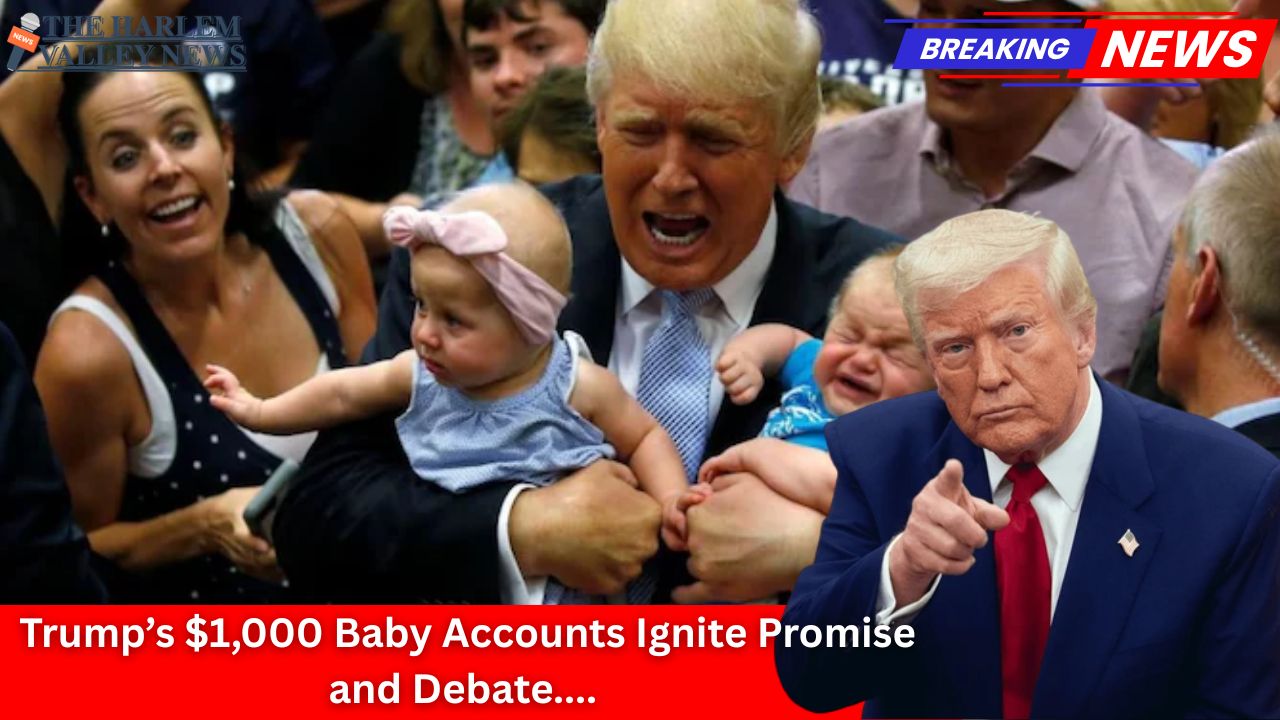



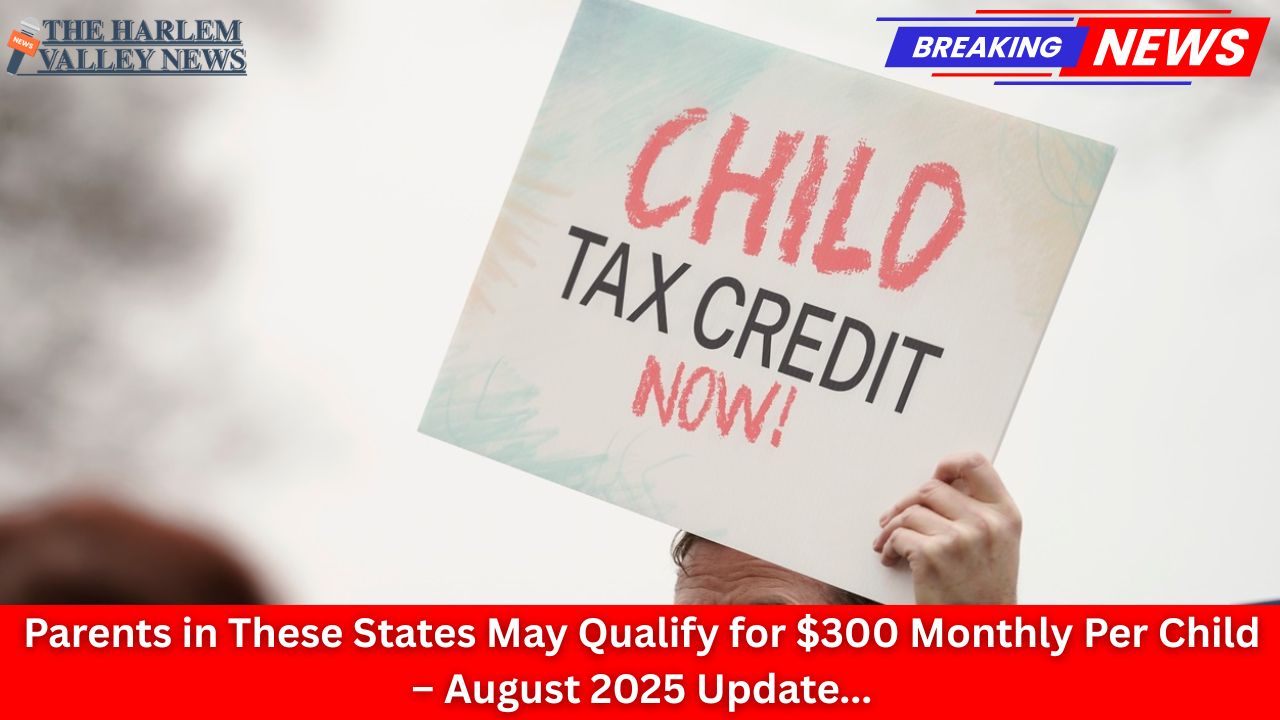
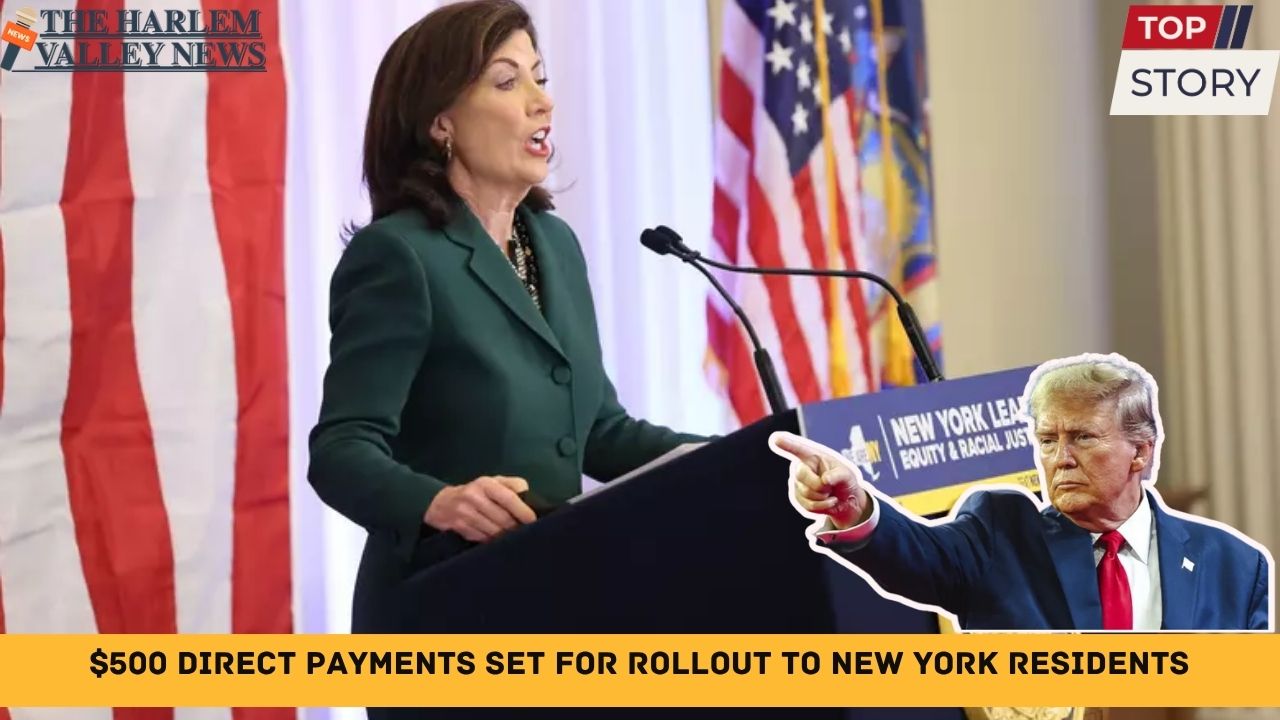

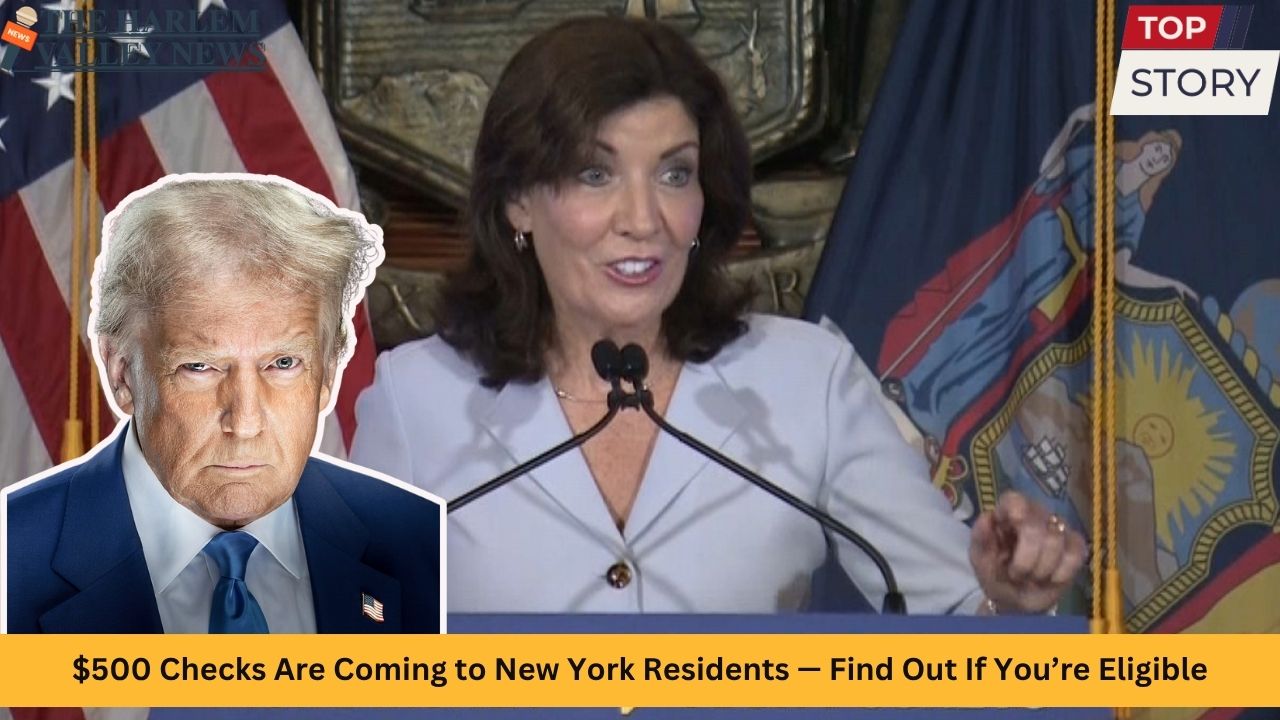



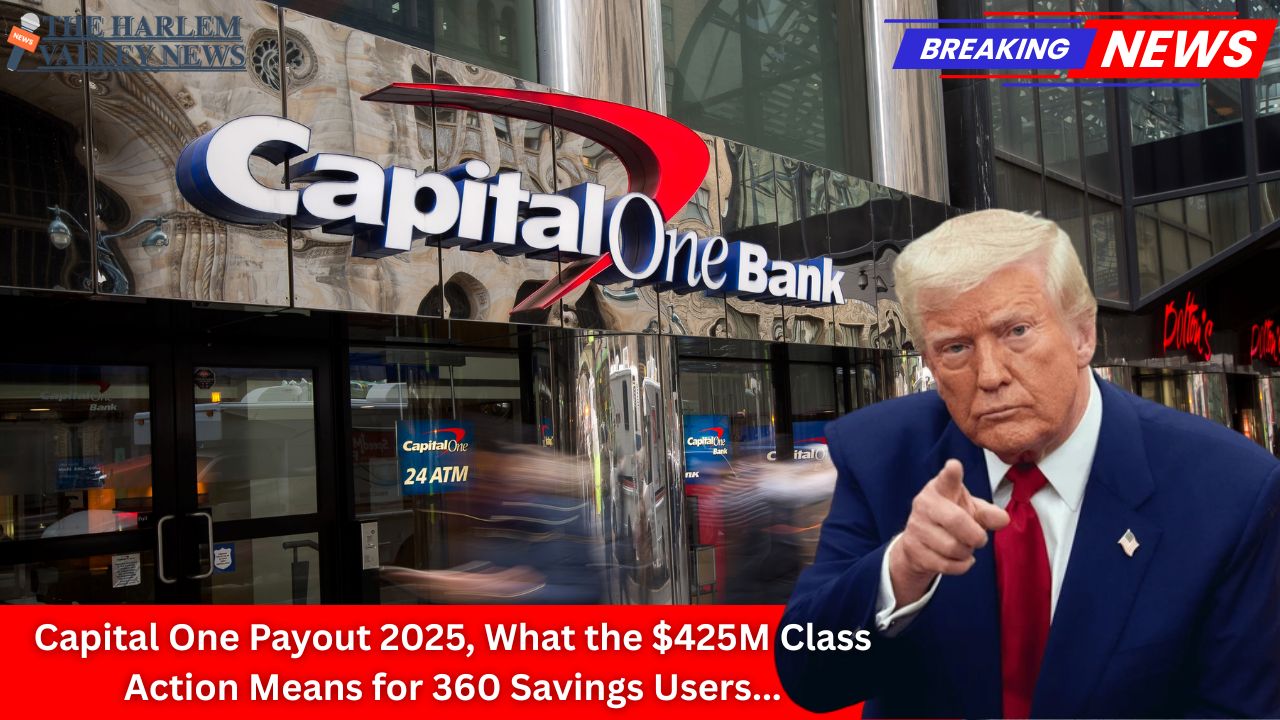



Leave a Reply